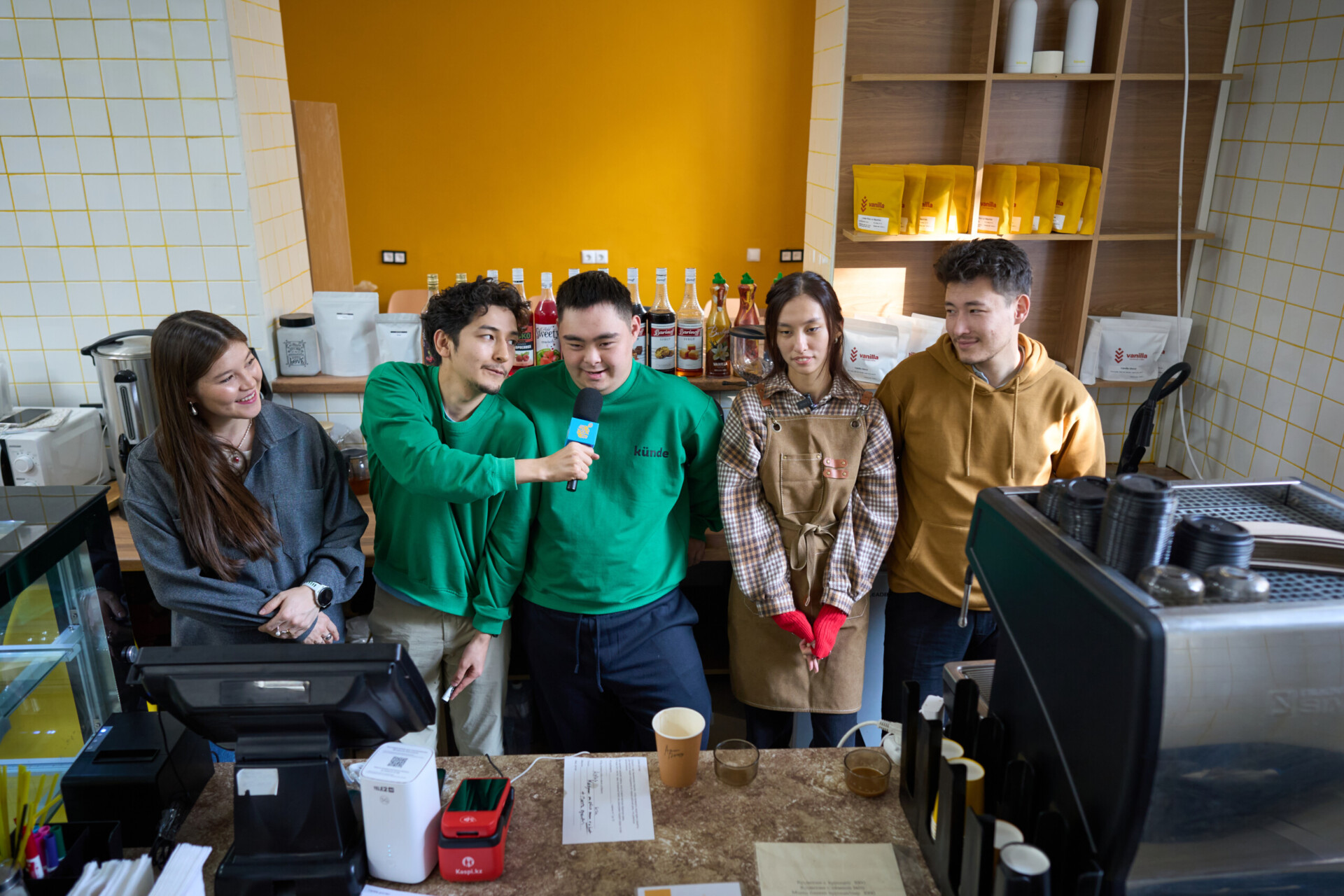
Künde cafe in Almaty is more than just a cozy spot with good music and delicious food. It’s known for something much more meaningful, its team includes people with mental disabilities.
The founder of Künde, Maulen Akhmetov, began his journey through volunteering and fundraising for people with cancer. What once seemed like a utopian idea, merging business and social inclusion, has grown into one of the most recognized social enterprises in Kazakhstan.
We spoke with Maulen Akhmetov about how to grow a business without a full-time marketing specialist, how customers reacted to the idea of an inclusive team, and what tools truly work when you have no budget, but a strong mission.
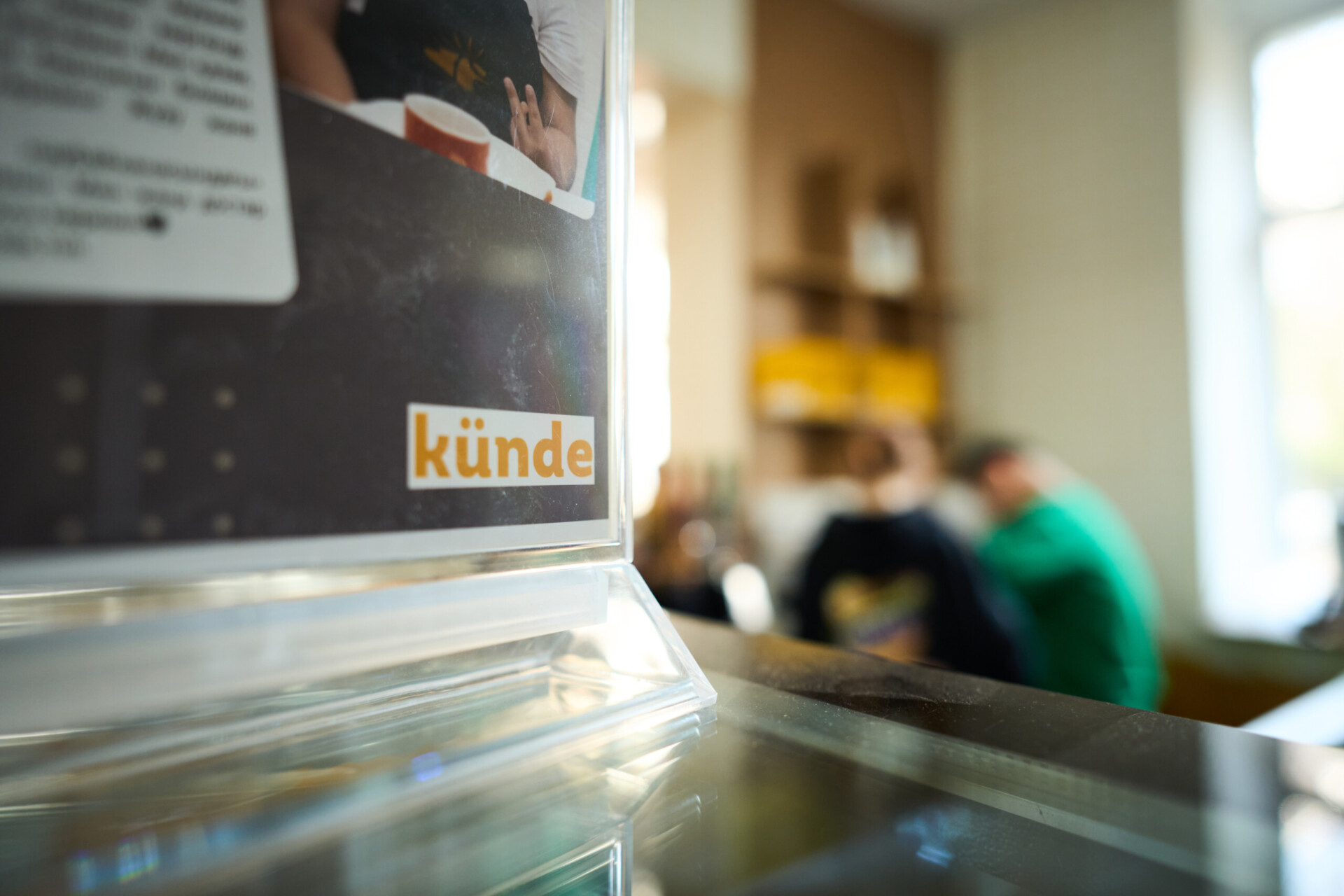
At first, Künde didn’t have any marketing strategy. Moreover, the idea of people with mental disabilities working at the cafe was met with skepticism.
We were told it wouldn’t work – Maulen says. – They said the staff would mess up and mix up orders, spill coffee, there would be hysteria and scandals.
Our team decided not to put emphasis on the social aspect of the project. The cafe began operating as a regular city spot, without highlighting who worked there. This approach was intentional, the idea was that inclusion works best without drawing attention to it, without spotlighting or explaining anyone’s “difference.”
We decided to do our best to compete with other cafes in terms of food and service quality. We didn’t mention or write anywhere that we had employees with disabilities. We wanted people to come back simply because they liked the place, – Maulen says.
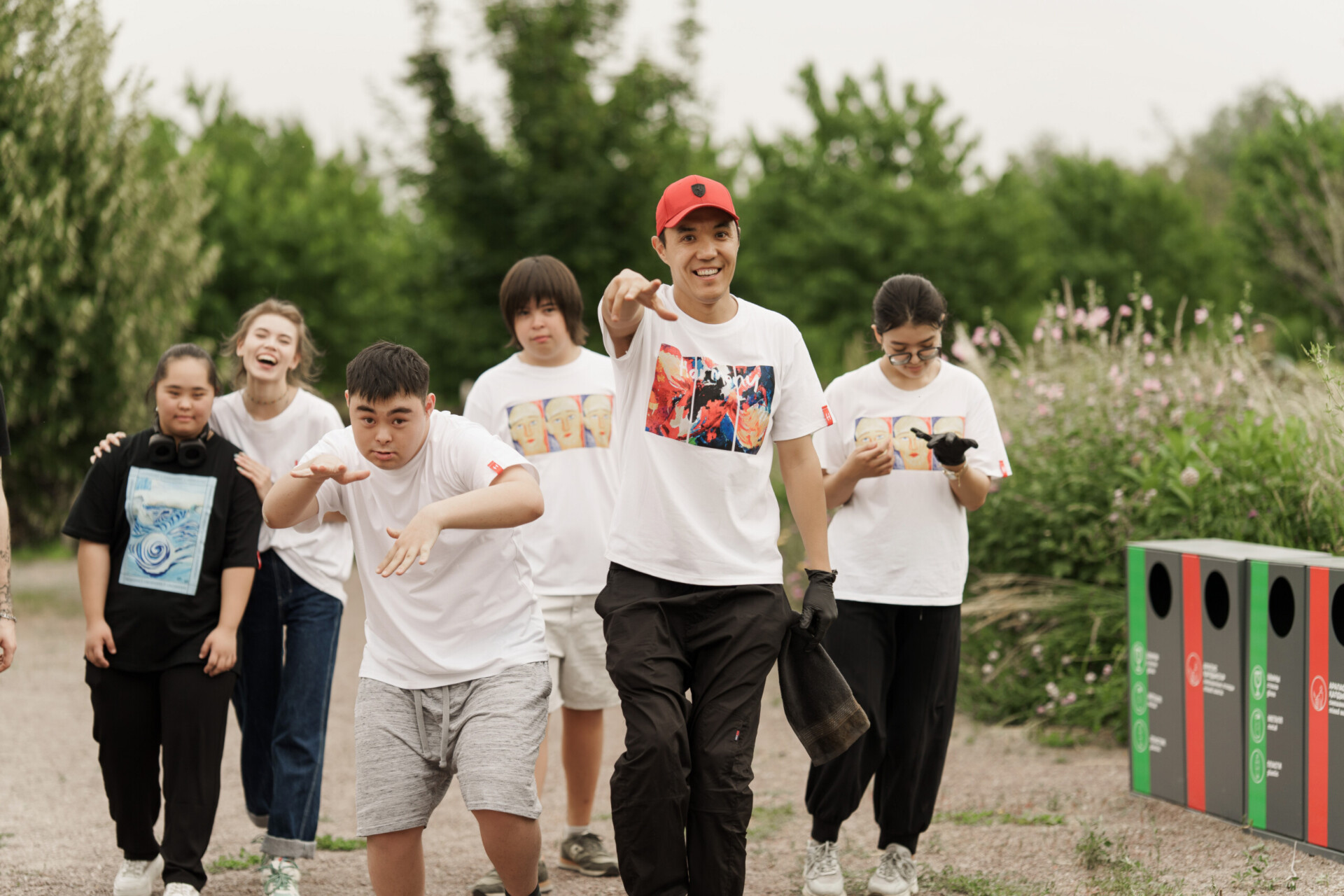
However, the project’s public promotion continued, the team shared their idea on social media, participated in crowdfunding campaigns, and produced videos and posts. Still, when guests walked into the cafe, nothing indicated its “specialty.” That was the point: not to draw a line between “special” and “regular,” but to work together as one.
Most of our team members have hidden disabilities; you wouldn’t be able to tell just by looking. People often didn’t even notice, – Maulen explains.
But over time, there was a shift. If the goal of the project was to change perceptions of inclusion and promote it, then it had to be talked about. That’s when the twist happened: the team began to speak openly about Künde’s mission.
We never wanted it to sound like we were doing something great just because we gave them a job. We always emphasize that we’re one team, we work together, – Maulen emphasizes.
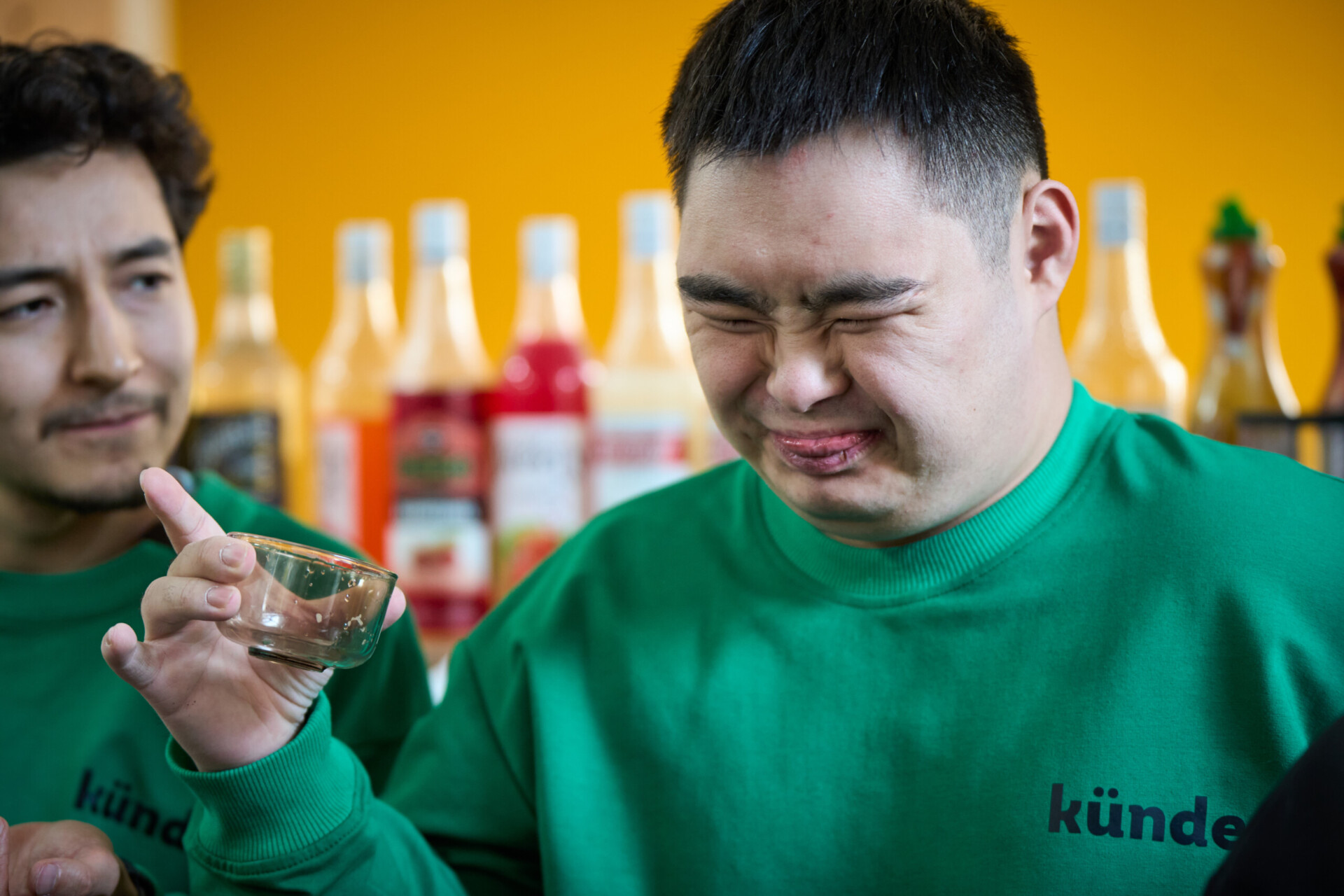
Instagram became one of the key tools for Künde. The cafe was able to raise seven million tenge in just two days to launch its new location at 79 Abylai Khan. This happened after an investor unexpectedly backed out. Maulen recorded a video message for their followers, and the response was overwhelming.
The video went viral, it was widely shared and received over 400,000 views. And then it brought in funding, investors, and good friends, – Maulen says.
The team almost never uses paid advertisements.
We tried using targeted ads, but they didn’t work. We spent a maximum of $100 and saw no real results. Probably, we just didn’t find the right professional to do it properly, – Maulen says.
Promotion relies entirely on people; friends, acquaintances, and like-minded supporters, including both influencers and partners.
We don’t have a structured approach. Some of my friends who became bloggers occasionally create and post content – and it really works, – he says.
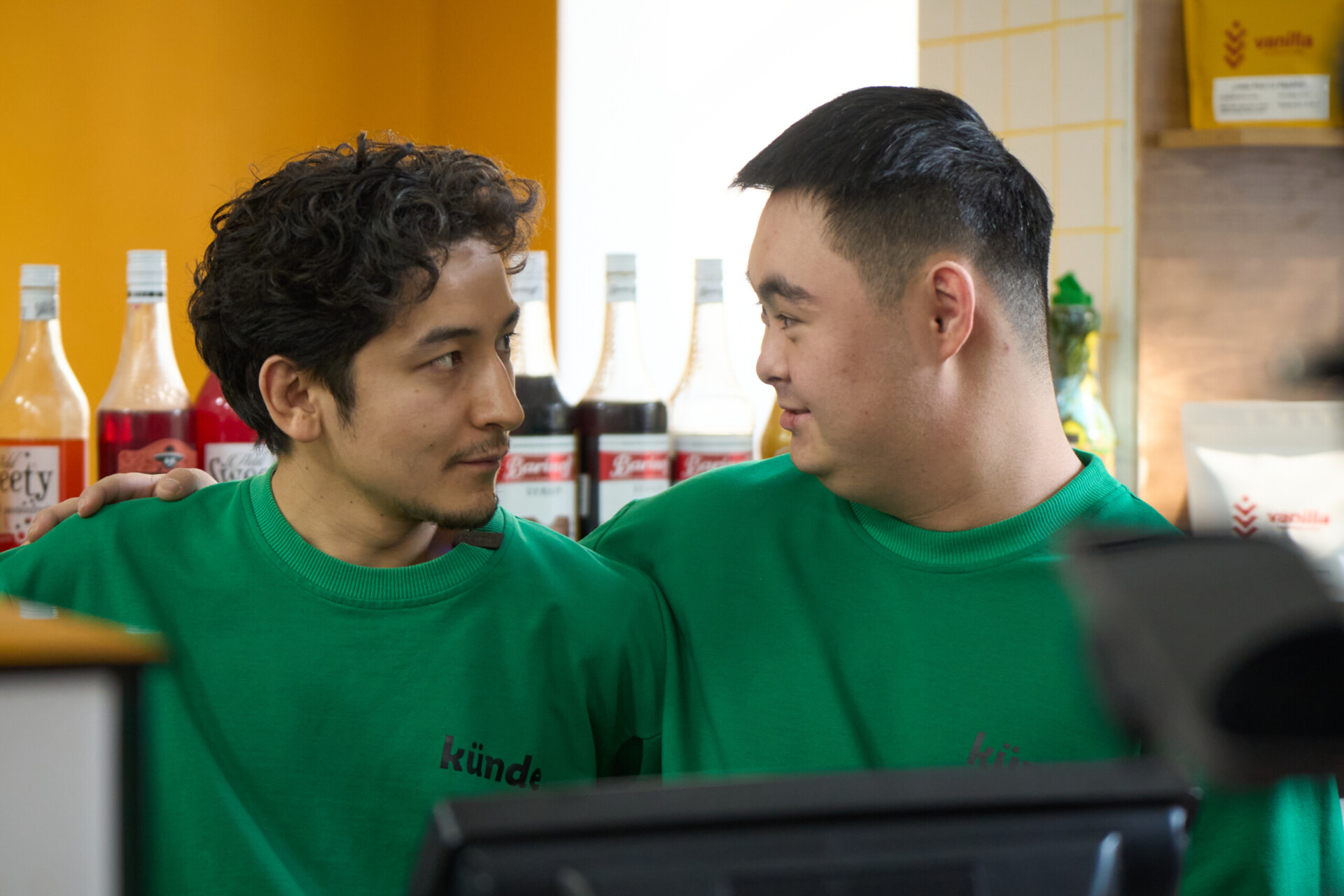
Partnerships with ad agencies like Citix, Jas Agency, and other professional teams were an important part of the project’s growth. They all supported the cafe for free, sharing their skills and resources to help build a stronger communication strategy.
We reach out to people we trust and admire for their creative projects. I usually send messages on Instagram or simply make a phone call. More often than not, I receive responses from skilled professionals and major companies, – he explains.
He notes that established and confident brands are generally open to connect and willingly share their expertise out of goodwill. Micro-influencers and student communities have also played a significant role. For example, volunteering students from Nazarbayev University teamed up with popular peers to create videos supporting the cafe.
According to Maulen, it was a positive experience and a format that truly works.
I manage social networks, write texts, and create stories. We have no budget, so everything is a bit chaotic and intuitive. We work with what we have, – Maulen says.
Künde doesn’t have a clear promotional strategy, but sincerity is the key component. The project doesn’t just sell its idea, it lives by it. And that’s what makes people trust and sympathize with it.
Since the beginning, over 50 people have been trained, rehabilitated, and employed at Künde. Our team now includes people with Down syndrome, those with hearing and speech impairments, cerebral palsy, and wheelchair users. Currently, we have 22 employees with disabilities in Astana and 9 in Almaty; 40 disabled employees in total.
Künde Cafe is an inclusive cafe in Almaty built on the principles of effective altruism. It combines a sustainable business model with a strong social mission. The project supports adults with mental disabilities by helping them gain employment, build confidence, and become full members of society.
Soon, the third branch will open to the public in the food court of Atakent Mall in Almaty. The cafeteria will be equipped for employees and guests who use wheelchairs.